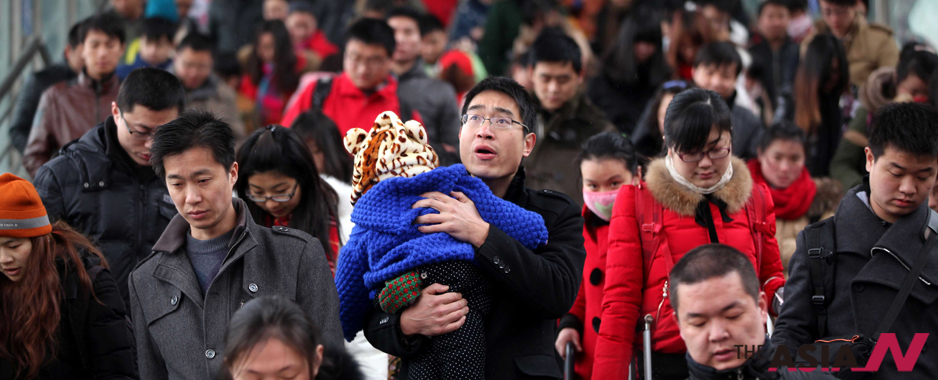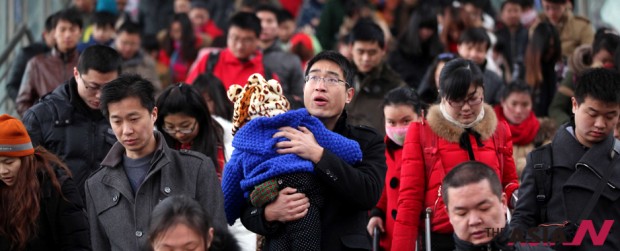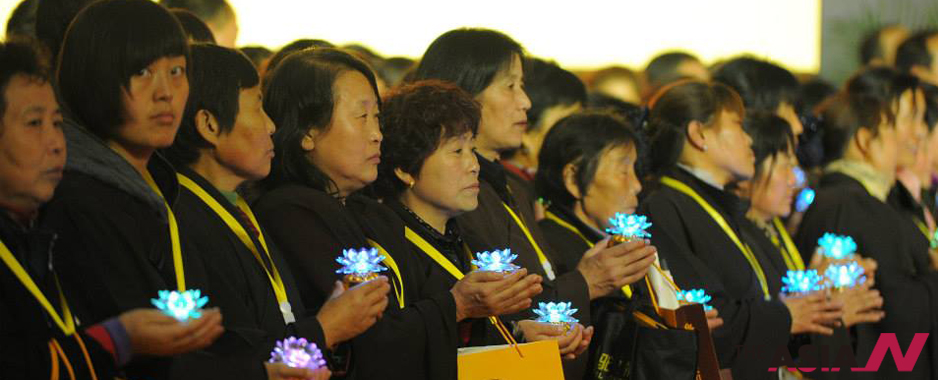
Chinese rapid growth: the culprit of stress?

As the cold wind blows in Shaanxi Province in China, the mercury in the scales go down the negative. Posters that alarm citizens about the possibility of stroke can be seen everywhere. According to China Youth Daily, people who die because of cardiac arrest due to stress and overwork have been rising to up to 600,000. No one would like to believe that for the Chinese, known for their unfazed slow pace in life, overwork has become the top killer nationally. As such, China now is not just known as an “economic powerhouse,” but as an “overwork country” as well. Always having two sides of the coin, this has been the other side of economic reforms. The rapid economic growth of China has not only brought forth abundance but stress as well for the Chinese.
A survey co-organized by the state media and eminent business entities entitled “White Collar Health Status” has shown shocking results. Done in 7 major Chinese cities including Beijing, Shanghai and Guangzhou to over 1000 workers between 20 and 60, the survey results have shown that 2 out of 3 have said that their state of health does not feel normal. The three main reasons for the health breakdown were explained to be over stress, over pollution and the lack of exercise. Three work areas where death because of overwork came more frequent were IT, finance, and the media sectors.
Stress is not only present amongst white collar workers. Farmers who put their sweat and blood to send their sons and daughters to big cities, small scale businessmen, migrant workers mostly living in the underground, college students who work all night to pay their student loans and endlessly worry about the bleak employment market, highschool students pressed for college entrance examinations, ‘goose fathers’, even kindergarteners who are forced to learn English by their parents—all of the 1.3 billion Chinese are susceptible to ‘stress trap’ and needs to change for good. The realities of China are slowly turning to be the image that we see now in Korea. By Kang Seong-hyun Ed.D, Weinan Normal University College of Education Professor Emeritus | Summary by Rigoberto Banta Jr.











